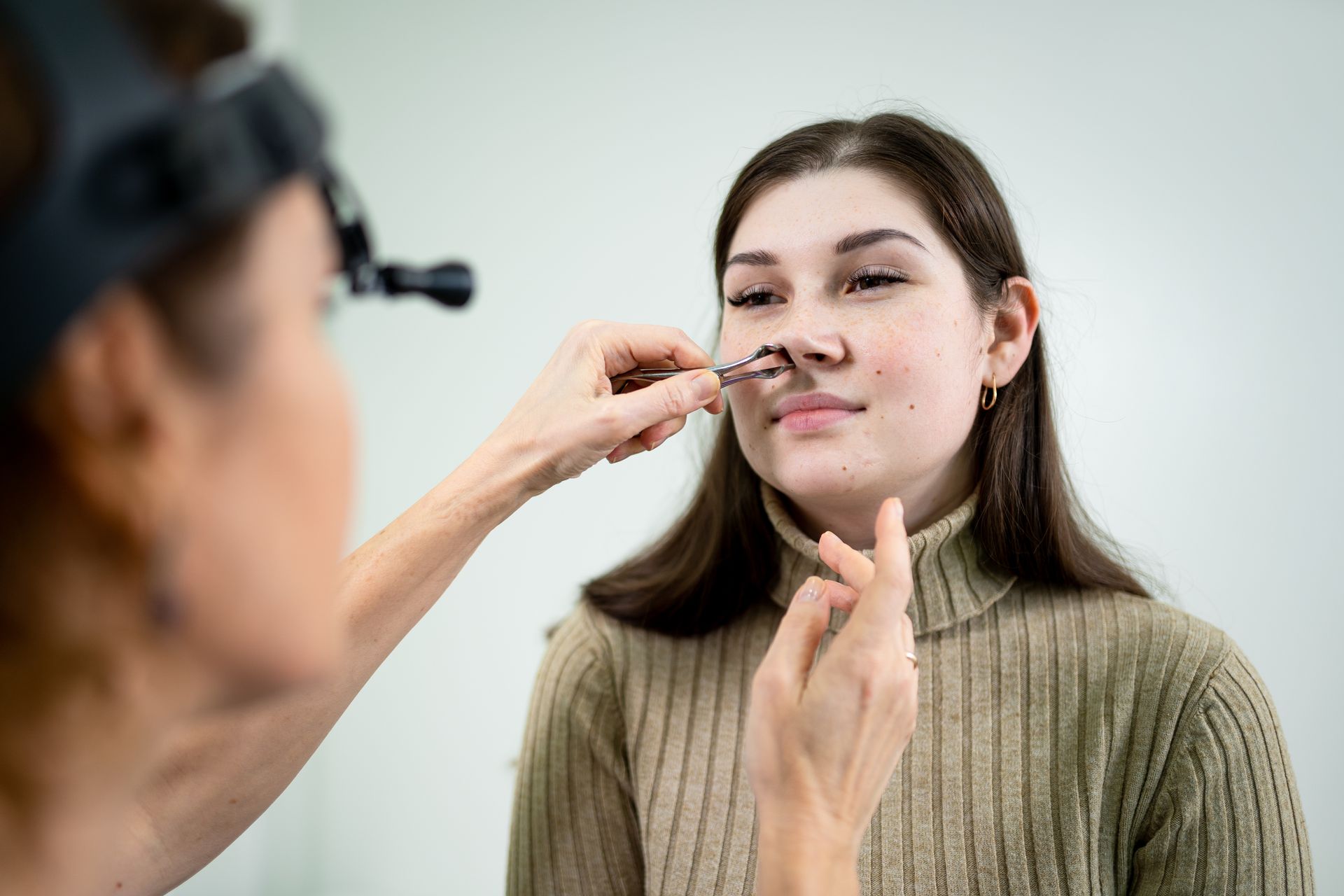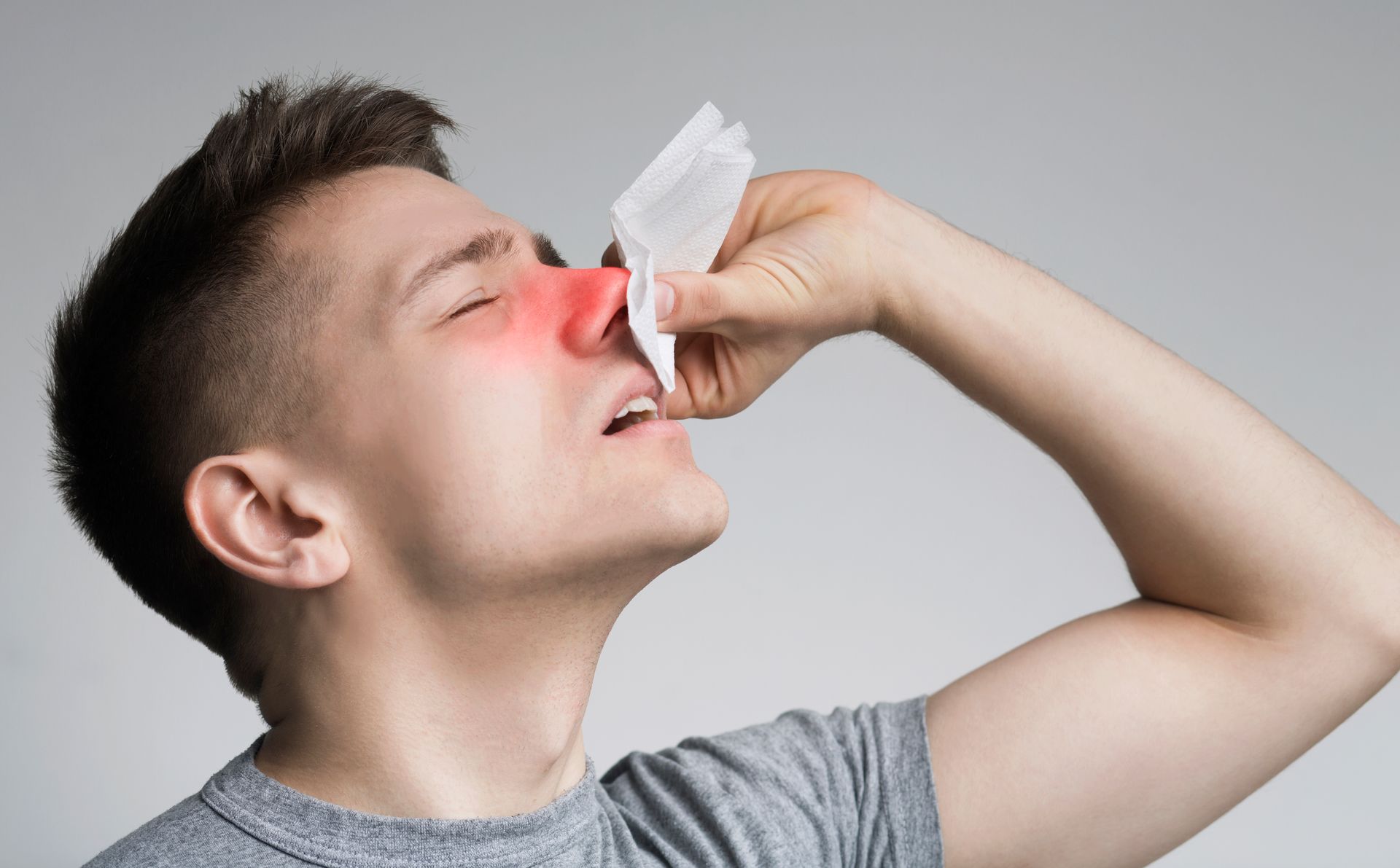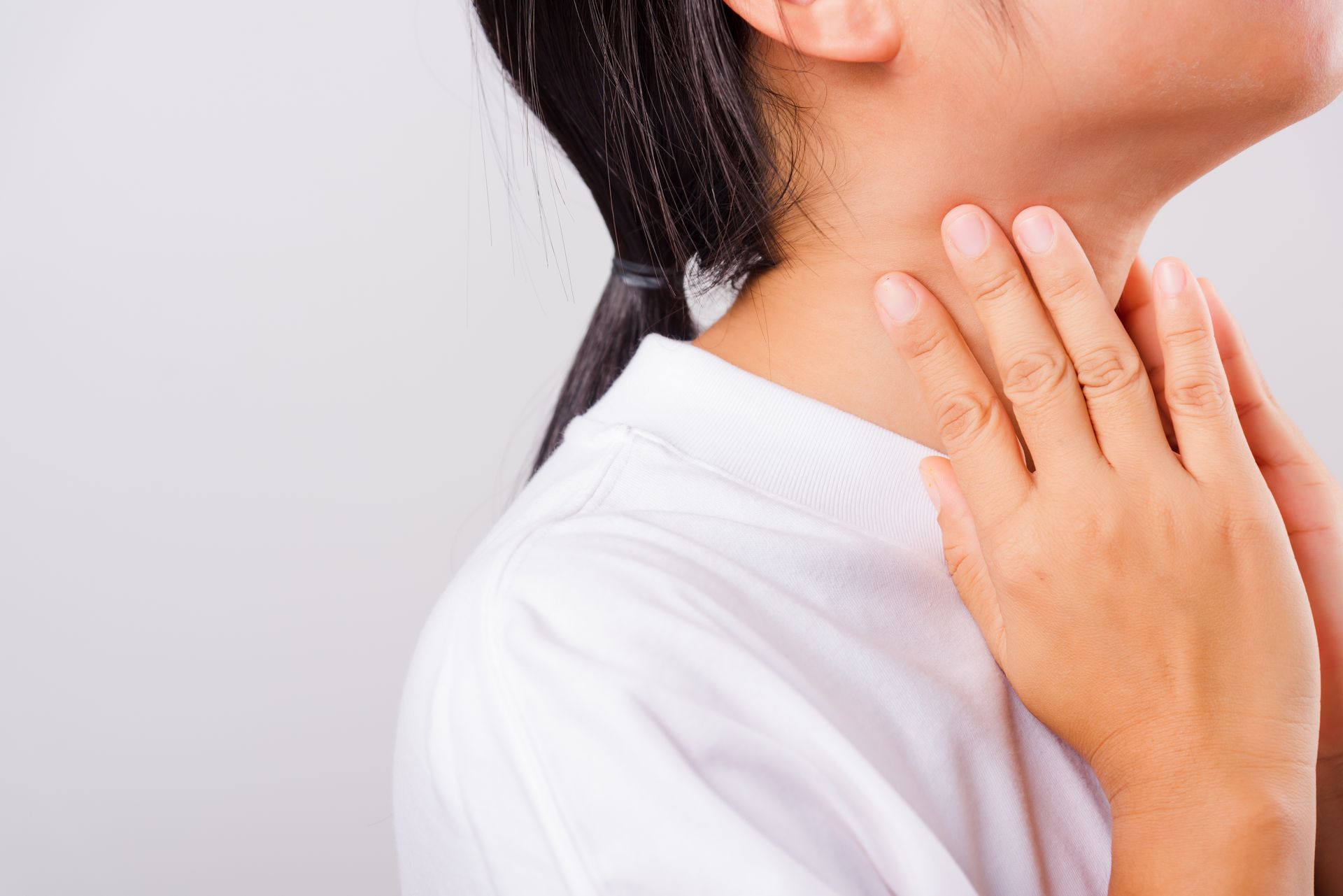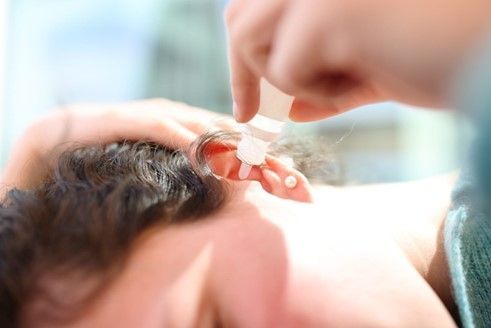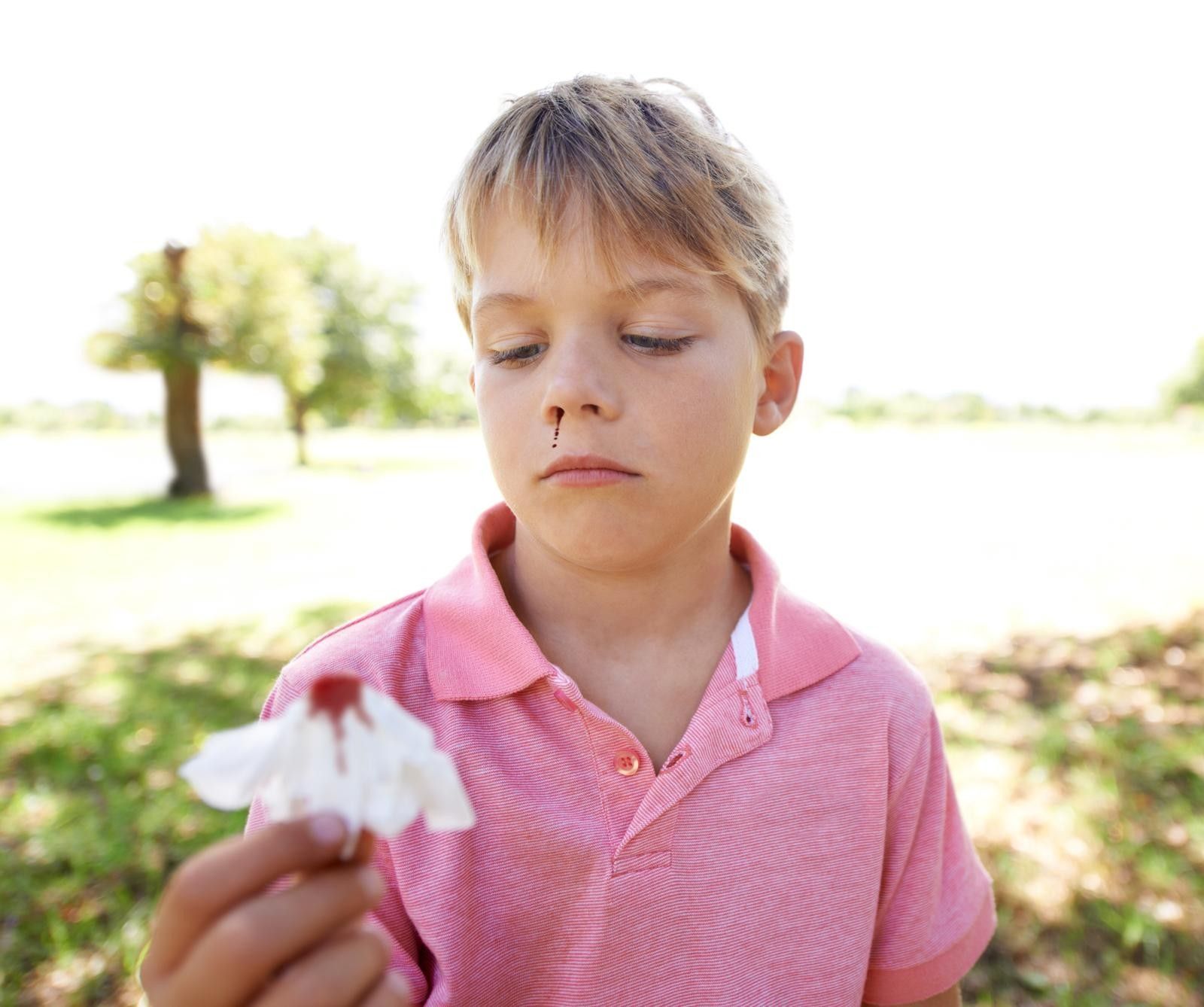How to Effectively Manage Fall Allergies
As the leaves change colors and the air turns crisp, fall brings about a sense of coziness and beauty. However, for many people, it also brings the dreaded fall allergies. Effectively managing these allergies requires a solid grasp of their causes and symptoms. By understanding the root of the problem, you can take proactive steps to keep fall allergies at bay.
Common Symptoms of Fall Allergies
Individuals with fall allergies often experience a range of symptoms, which can include sneezing, nasal congestion, runny nose, itchy or watery eyes, coughing, and fatigue. These symptoms can interfere with daily activities and significantly impact the quality of life.
Tips to Help You Effectively Manage your Fall Allergies:
1. Know your triggers
Understanding what triggers your allergies is key to managing them effectively. Common fall allergens include ragweed pollen, mold spores, dust mites, and pet dander. Keep track of when your symptoms worsen and try to identify the specific allergens causing your discomfort. This knowledge will help you take targeted steps to minimize exposure.
2. Monitor pollen counts
Stay informed about the daily pollen counts in your area, especially for ragweed pollen, which is a prevalent fall allergen. On high-pollen days, limit your time outdoors, keep windows closed, and consider using an air purifier with a HEPA filter to reduce indoor allergens.
3. Keep indoor air clean
Create an allergen-free sanctuary in your home by keeping the indoor air clean. Regularly vacuum carpets and upholstery, wash bedding in hot water, and use dust mite-proof covers on mattresses and pillows. Additionally, clean or replace HVAC filters frequently to remove airborne allergens.
4. Practice good hygiene
Reduce allergen exposure by practicing good hygiene. After spending time outdoors, take a shower to remove pollen from your body and hair. Also, remember to wash your hands frequently to prevent transferring allergens from surfaces to your face.
5. Wear appropriate clothing
When spending time outdoors during fall, consider wearing a hat and a mask to shield your face from allergens. Additionally, opt for long sleeves and pants to minimize direct contact with allergens on your skin.
6. Try over-the-counter medications
Over-the-counter antihistamines, nasal sprays, and eye drops can provide temporary relief from fall allergy symptoms. Consult with your healthcare provider or pharmacist to identify the most suitable options for you.
7. Consider allergy shots or immunotherapy
For individuals with severe fall allergies, allergy shots or immunotherapy may be recommended by a healthcare professional. These treatments can help desensitize your immune system to specific allergens and provide long-term relief.
8. Consult with a healthcare professional
If your fall allergy symptoms persist or significantly impact your daily life, it's important to consult with a healthcare professional. They can evaluate your symptoms, provide an accurate diagnosis, and recommend personalized treatment options to effectively manage your allergies.
Conclusion
Effective management of fall allergies requires a combination of proper diagnosis, treatment, and lifestyle adjustments. By following these strategies and working closely with an allergist, you can minimize the impact of fall allergies on your daily life.
Keep your fall allergies under control and fully embrace the beauty of autumn. If you need help or have questions, Kentuckiana ENT is here to help. Louisville, KY, with options including allergy shots and allergy drops. Request an appointment today!
